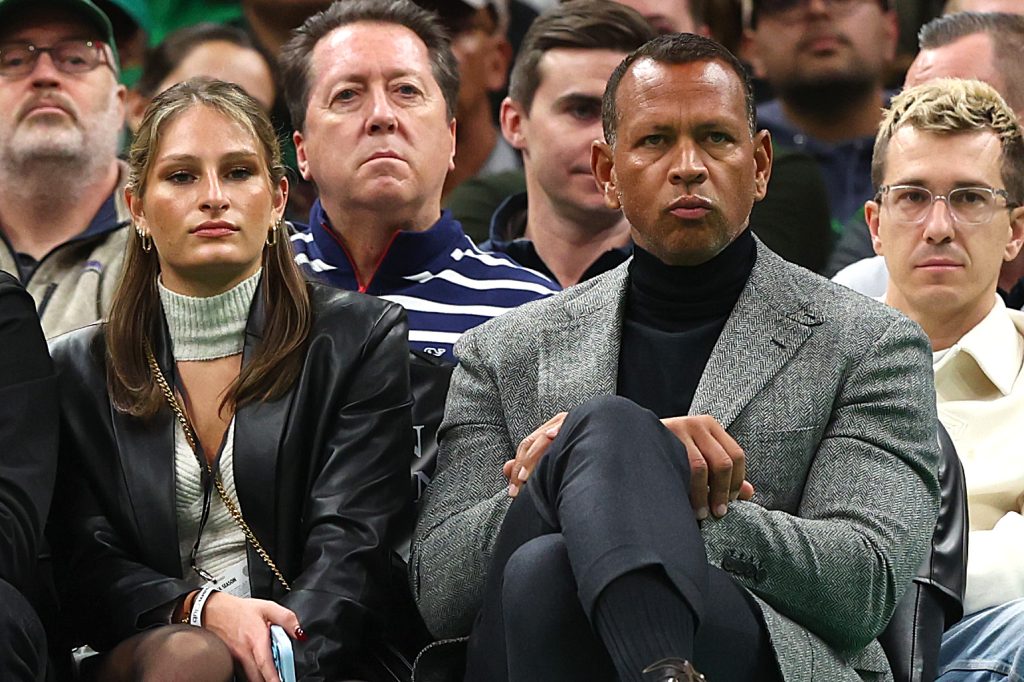The chaos surrounding the Minnesota Timberwolves ownership situation has escalated as majority owner Glen Taylor announced his decision to retain ownership of the team after a deal with aspiring majority owners Alex Rodriguez and Marc Lore fell through. Taylor claimed that Rodriguez and Lore did not complete the purchase of controlling interest within the agreed-upon 90-day window, resulting in the Timberwolves and WNBA’s Minnesota Lynx no longer being up for sale. Taylor will now retain 60% ownership of the teams, while Rodriguez and Lore’s intended majority stake of 40% remains stalled at two 20% installments.
Despite Taylor’s announcement, Rodriguez and Lore refuted the claims and insisted that they had completed the purchase in a timely manner with all necessary funding. They expressed disappointment in Taylor’s statement, accusing him of experiencing “seller’s remorse.” The duo reiterated their commitment to closing the deal as soon as the NBA completes its approval process. The dispute has created tension as the Timberwolves are enjoying a successful season, currently holding the No. 2 seed in the Western Conference with a 50-22 record, led by standout players such as Anthony Edwards and Rudy Gobert.
The COVID-19 pandemic is a large factor affecting the economy all over the world and is still causing delays regarding travel. The pandemic has also impacted the sports industry; Rodriguez and Lore are facing obstacles due to the NBA approval process taking longer than expected. Despite their assurance of fulfilling all requirements, the final 20% needed for their majority stake purchase has yet to be secured. Mediation may be the next step in resolving the conflict between Taylor and the aspiring owners as they aim to close the deal and solidify their ownership position.
The involvement of financial backers has also played a role in the ownership saga of the Timberwolves. The Carlyle Group, who initially supported Lore and Rodriguez’s bid, withdrew from the process, leading to new support from Dyal Capital Partners. However, this additional backing did not materialize in time to meet Taylor’s requirements. The ownership dispute highlights the complexities of team ownership transitions and the various factors that can impact the completion of such deals, including financial backing, timing, and regulatory approval processes.
With both parties adamant about their positions, it remains to be seen how the ownership dispute will be resolved and what impact it will have on the Timberwolves’ future. The ongoing success of the team on the court adds a layer of urgency to the situation, as fans and stakeholders are eager for stability and continuity in ownership. As the NBA approval process progresses and potential mediation is considered, the fate of the Timberwolves ownership remains uncertain, with implications for the team’s operations, competitiveness, and overall direction. The resolution of this dispute will have lasting implications for the franchise and its stakeholders, underscoring the importance of effective communication and cooperation among all parties involved.













